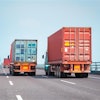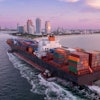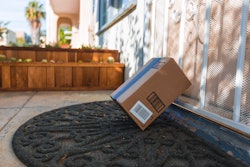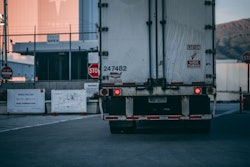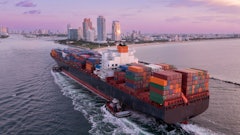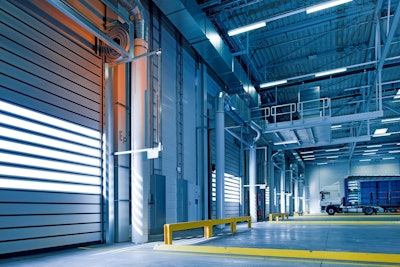
As COVID-19 continues to challenge freight flows, a longtime logistics relief group is fighting back with an advanced visibility dashboard that it’s releasing free of charge to all U.S. businesses and non-profit organizations.
The American Logistics Aid Network (ALAN) launched the ALAN Supply Chain Intelligence Center, which provides a cloud-based, real-time view of the latest COVID-19 impacts via an easy-to-use map. The map includes the status of roads, ports and airports as well as the latest policy changes at national, state, local and county levels.
“Right now, organizations have to navigate a very fragmented landscape as they work to deliver essential commodities. And new policies with new supply chain consequences and opportunities seem to be unfolding faster than most groups can keep pace,” said ALAN Executive Director Kathy Fulton. “This tool is our ‘We’re all in this together’ answer to that challenge.”
The ALAN Supply Chain Intelligence Center is provided by ALAN as a free-access layer on the Riskpulse platform, a tool used by many global companies and government entities to visualize and analyze supply chain risk. ALAN has mobilized a team of volunteers who update the dashboard daily from the many disparate government sources that share closure or waiver information.
“During disasters like this, few things are more important than accurate visibility to the situation on the ground. But getting that visibility often puts a huge burden on organizations at a time when they’re already overloaded,” said Fulton. “Now, rather than numerous entities across the country working overtime to collect and analyze the same critical pieces of information, this dashboard will serve as a single, unified source.
“We’re thankful it was ready in time to be of use during this pandemic and hope it will pave the way for better and faster response during all future crises – expediting the delivery of medical supplies, food, and hydration. And we’re grateful to Riskpulse for making it possible.”

